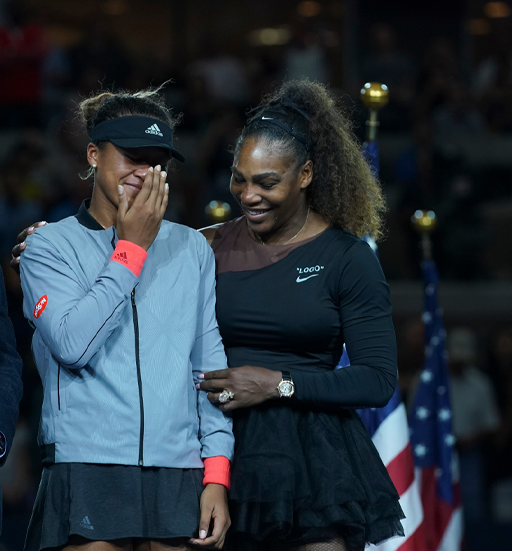1 ‘Females are just emotional!’
The belief that women are more emotional than men has been called a ‘master stereotype’, meaning it is a widely held and pervasive view across society. Men and women, older and younger individuals, as well as individuals from a range of cultural backgrounds hold the belief that women are more emotional than men (McRae et al., 2008).
The truth is that we are all emotional. Males don’t have ‘fewer’ emotions than females, but the way men and women perceive, process and respond to emotional stimuli can be different.
In the main, women cope with emotions by talking about them. It’s a part of something called ‘emotion focused coping’, where an individual actively does something to manage their emotional response to a stressful situation (Kelly et al., 2008). The tendency in females to want to share emotions to help manage them can sometimes be at odds with the way males like to process or cope with stressors. Men tend to use problem-focused coping strategies where they try to address and ‘fix’ the situation itself.
When a female athlete talks through her emotions about the competition that recently didn’t go to plan, a male in a support role might go into problem-focused mode and will try to fix that athlete’s problem. But the athlete may not want a problem fixed; instead she might want to process her emotions so that she can move on. This often creates a mismatch between how female athletes communicate their emotions and male coaches deal with them.

